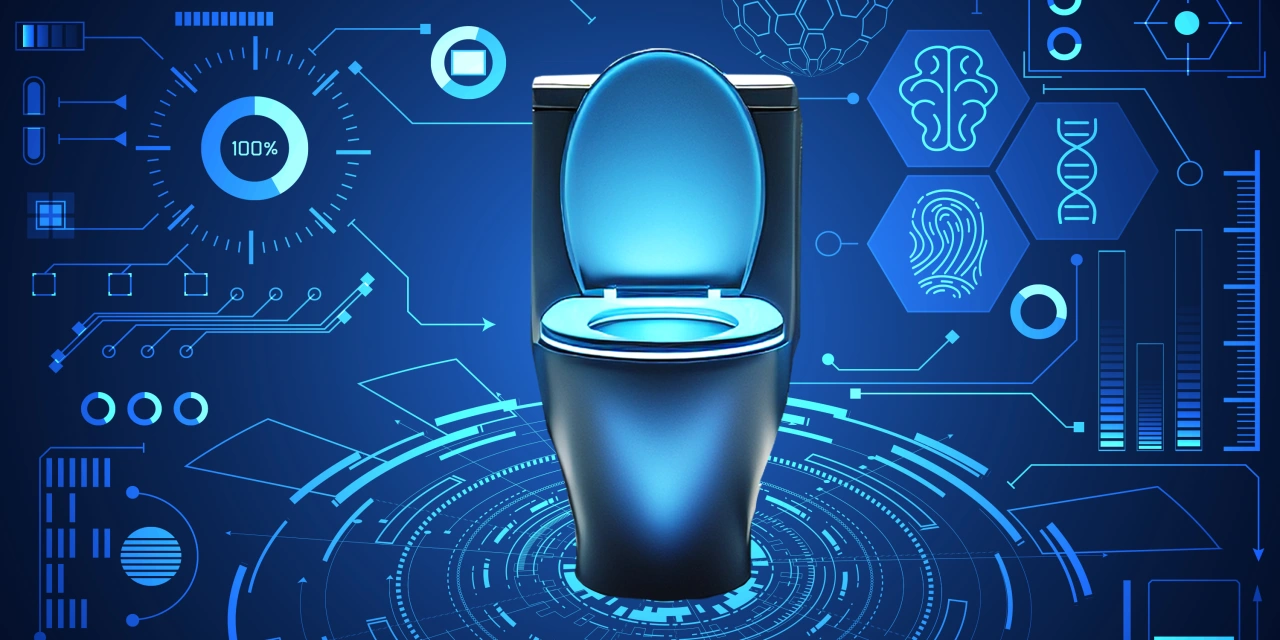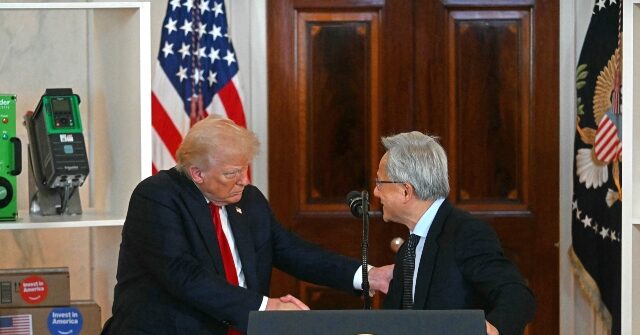Copyright wsj

This week, Personal Tech columnist Nicole Nguyen writes about a $599 smart toilet camera that aims to unlock the mysteries of what lands in the commode. The Dekoda, which started shipping on Oct. 21, analyzes something that smartwatches and other wearables can’t: urine and stool. The toilet-mounted gadget, which is made by Kohler Health, is laden with sensors for understanding waste. The device can help determine hydration levels based on factors such as urine color and stool consistency. It sends data over Wi-Fi to Kohler Health’s secure servers and offers insights in a paired app, which requires a $7-a-month subscription. The Dekoda is the first tech of its kind to become widely available in the U.S., but it won’t be the last. The soon-to-be-released U-Scan from Withings can measure vitamin levels from urine, while a Toto toilet with an integrated stool scanner became available in August. Yet while devices such as Dekoda offer basic health feedback, some experts question their necessity in light of the relatively rudimentary data that’s collected. More on this topic: Inside medspa bathrooms, the fixtures monitor your health. (Read)Patients are using home tests, devices and chatbots to diagnose themselves. (Read)Why AI may be listening in on your next doctor’s appointment. (Read) 🤔 Would you consider using a smart toilet? Why or why not? Send me your thoughts, questions and predictions at future@wsj.com (if you’re reading this in your inbox, you can just hit reply). More of What’s Next: Housekeeper Robots; a Drug Discovery Supercomputer; JPMorgan Chase’s Blockchain Joanna Stern tried the robot that’s coming to live with you—and it’s still part human. The columnist spent a day with Neo, a robot made by 1X Technologies. The humanoid bot can do the dishes, clean and fold laundry, but for now it also requires a human puppet master. Eli Lilly is partnering with Nvidia to build an AI supercomputer for drug discovery. The drugmaker said the supercomputer and its AI capabilities will allow it to identify new molecules and to speed up the typical yearslong development timelines. Cities across the U.S. are putting robots to work. Though the public sector has lagged behind the private sector in adopting robots, cities from Irvine, Calif., to Sanford, N.C., are now using bots for firefighting, lawn mowing, beach cleaning and other jobs. JPMorgan Chase tokenized a private-equity fund on its own blockchain. The move marks the bank’s first step toward a broader rollout of its fund tokenization platform, Kinexys Fund Flow, that’s planned for next year. Future Feedback Last week, we reported on Amazon’s AI and robotics push. Readers shared their thoughts on how automation will change the future of retail: “Yes, automation will change the future of retail—and not just at large corporations. At Tyner Pond Farm in Indiana, we deliver 100% grass-fed beef, pasture-raised chicken, and local pork directly to consumers. Digital tools and logistics automation already let us serve customers across our region without middlemen. Soon, affordable robotics could help us automate repetitive farm tasks, staff small processors that are hard to keep fully manned, and even handle local deliveries. Rather than concentrating power, automation can decentralize it—returning food production and retail to the communities where people live.” —Chris Baggott, Indiana“Offline retail would be impacted to a limited degree, in my opinion. Even though most tasks could be better handled by robots/AI, most customers who are shopping in person are looking for human service to make suggestions and discuss options.” —Marshall Qian, New York“As someone in my 60s with children and grandchildren, I’m concerned about humanity’s future employment prospects. People need work for pride, dignity and respect. The struggle for educated and uneducated people to provide for their families is growing, and if robots replace humans for menial tasks, they’ll become a burden on society and need more government subsidies to survive. I hope we can find uses for AI that allow people to be self-sufficient and have sustainable lives.” —Steven M., California (Responses have been condensed and edited.) Elsewhere in the Future A new startup wants to edit human embryos. (Wired)Chatbots are surprisingly effective at debunking conspiracy theories. (MIT Technology Review)Uber will challenge Waymo’s robotaxi dominance in San Francisco. (The Verge) Thanks for reading The Future of Everything. We cover the innovation and tech transforming the way we live, work and play. This newsletter was written by Conor Grant. Get in touch with us at future@wsj.com. Got a tip for us? Here’s how to submit. See more from The Future of Everything at wsj.com/future-of-everything.



